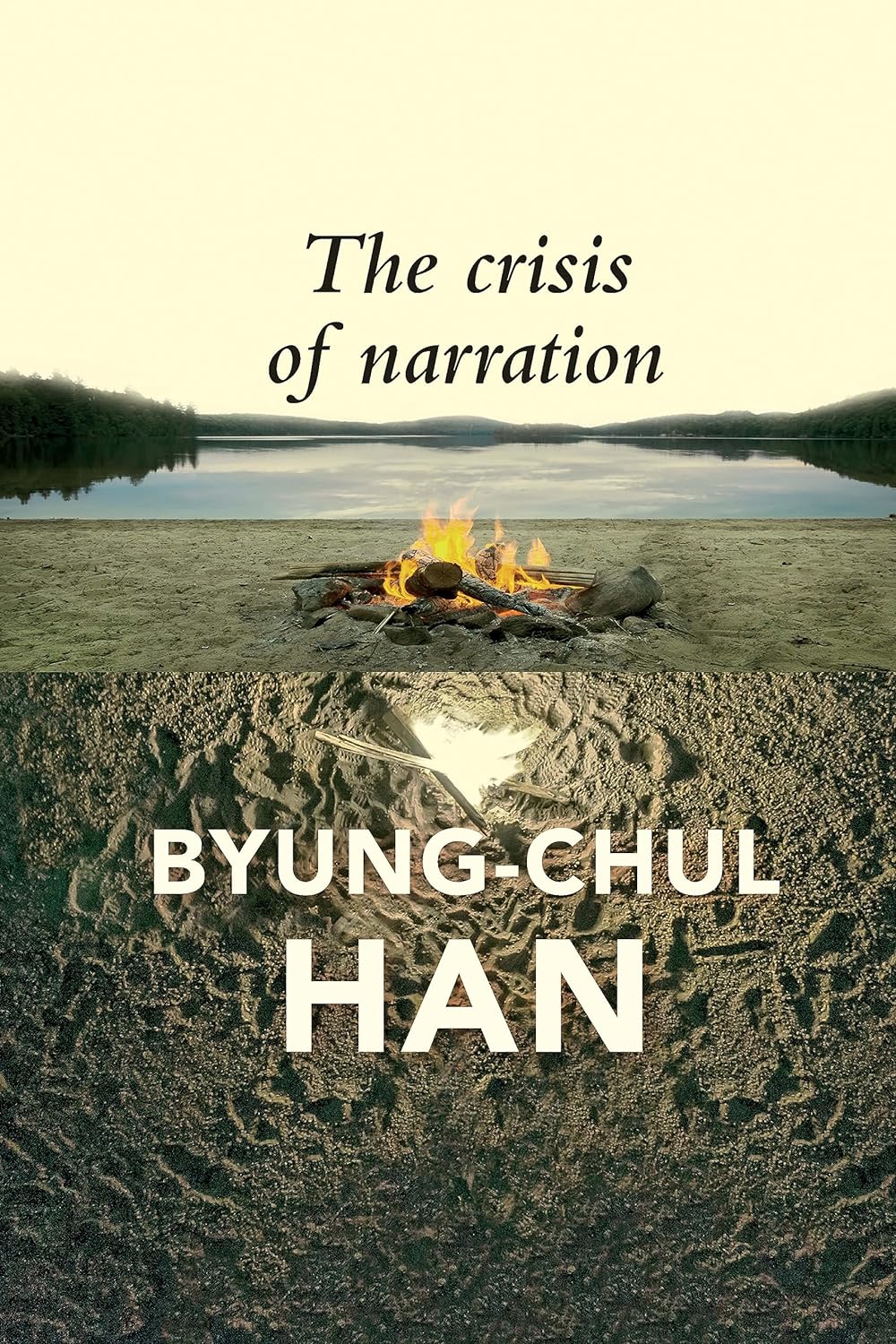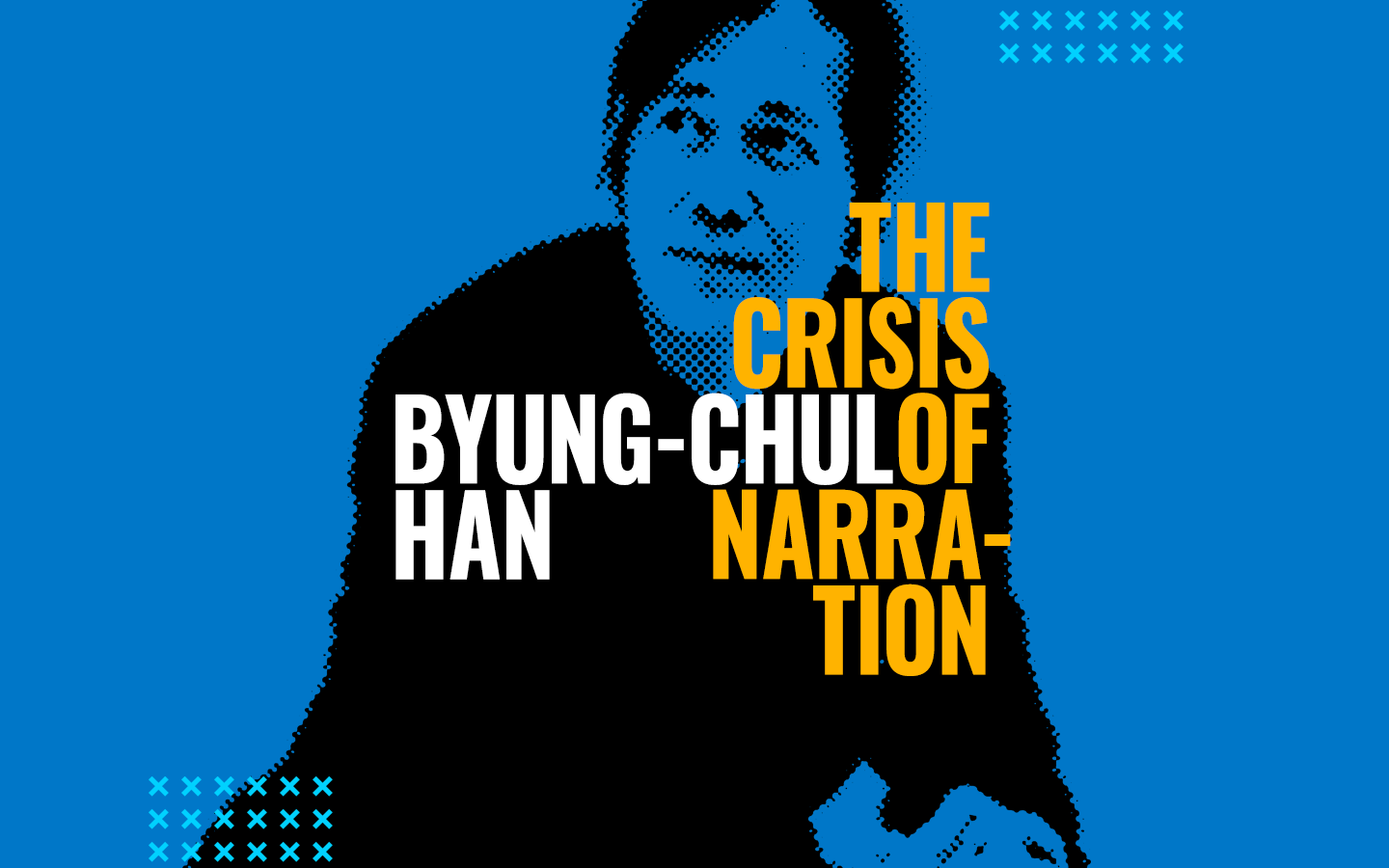
For better or worse, language evolves. The Oxford English Dictionary added the word ‘google’ as a verb in 2006 — as in “I googled it”. Along with creating new words, our techno-centric way of life also changes the meaning of existing words. A ‘friend’ used to be a very close personal acquaintance. But these days, the term can also refer to a digital connection with a near stranger. Once positive and personal, friends in 2024 can also be distant and negative. Like google, friend can also be a verb — deployed in the imperative mood no less. Someone might issue “friend me” as a command, the same way your mother once shouted: “Clean your room”.
It’s no wonder the world feels less friendly by the day.
Plenty more words are changing too. The social networking platform Instagram has a ‘stories’ feature. In their words, this allows “you to share everyday moments and grow closer to the people and interests you care about through photos and videos that disappear after 24 hours”. On Instagram, stories are about ‘moments’. That is to say, an Instagram story is the exact opposite of an actual story, which once referred to the parts in-between otherwise isolated occurrences. For their part, disappearing photos also contradict the concept of a story —which is meant to convey past happenings into the future.
Distortions of language like this are examples of technology attacking culture. In his new book The Crisis of Narration, philosopher Byung-Chul Han focuses on the ways culture and technology team up to destroy narratives. Notably, Han distinguishes the concepts of narratives and storytelling. While narratives are an “expression of the mood of time” today’s ‘micro-narratives’ — or stories — “lack gravity”. There is a difference in both depth and breadth. Narratives “create a community” while storytelling “brings forth only a fleeting community — the commodified form of a community”. Han’s argument, and his terminology, is rooted in the philosophy of Martin Heidegger, who himself relied on Aristotle in coining the term ‘bringing-forth’ in his 1954 essay The Question Concerning Technology. As Heideggerdefined it, bringing-forth is “bringing [something] out of concealment into unconcealment”. To Han, narratives bring-forth, while stories do not.
Han is not the first to worry about the decline of narratives or narration. As he notes, another contemporary of Heidegger, the twentieth century intellectual Walter Benjamin, shared similar preoccupations. In Benjamin’s estimation, the kind of hyperactivity associated with people relocating to cities, the increased ease of traveling distances by railway and habitual ingestion of radio content displaced the contemplation essential to assembling coherent narratives. In short, he blamed the early twentieth century rise of capitalism and the “complete ascendancy of the bourgeoisie”. Han does not totally disagree, but rather than the end of the process he points to Benjamin’s era as the starting gun in a race to the bottom that has accelerated in recent years. In our digital Information Age, the pre-existing modernist dilemma has been exacerbated further, prompting Han to characterize our current epoch as ‘late-modernity’.
For Han, information is the enemy of narratives. Information is momentary, its relevance exhausted as soon as we move on to the next piece of information. Today, Han writes: “Reality itself takes on the form of information and data.” Though there are similarities between the modern and late-modern eras, there are also some key differences. Unlike modernists, we late-modernists “lack the spirit of departure” and the “revolutionary pathos of the new or of fresh beginnings”.
Modernist thinkers rejected the Enlightenment concept of rationalism, but in doing so emphasized humans’ ability to impact their environment, celebrating humanity’s agency to change things.
In contrast, in this late-modern era, we are at once unhappy with society while lacking the belief that there is anything we can do about it.
Analog issues
As Han argues, we no longer narrate life because we do not have the “courage to create a world-changing narrative”. Narratives have been replaced by storytelling, which has become “a matter of commercialism and consumption”. Distinct from the overt repression associated with 1930s modernity, our new “information regime works not through repression but through seduction”.
For Han, digital tools like social media platforms are not so much the problem themselves, as they make many problems much worse. Social media, he writes, is a “media of information, not narration”. Put another way, not only are Instagram stories not narratives but they are not stories either. They are simply information. “For digital platforms, data are more valuable than narratives,” Han writes. And the ethos of these digital platforms is contrary to human interests. Han harkens back to another modernist, Sigmund Freud — who once argued that a primary function of consciousness was to protect one’s self from external stimuli. But what happens when, as digital platforms do, stimuli attack at a pre-conscious level?
“In the modern age,” Han writes, “the shock aspect of individual impressions has become so intensified that our consciousness is forced to be permanently active as a shield against stimuli.” The human psyche necessarily evolves new methods to protect itself from external shocks. For one, we increasingly avoid experiences themselves. Second, even when we do have genuine experiences, we have trouble feeling them, because “as the psychic apparatus gets used to the increased stimuli… the cortex of the brain where our defenses against stimuli are located becomes calloused”. It is worth noting that, etymologically speaking, the word screen (rooted in the German Schirm) refers to a protective barrier. In the Information Age, screens are things that literally separate us from reality.
Polity Press has published 14 of Han’s books in English in the past seven years. His previously best known text, The Burnout Society, targeted the collective social malaise created by cultures of convenience and multitasking. It has been translated into dozens of languages. The Crisis of Narration was published in German in 2023, and is available in English as of April. Han himself is an interesting if elusive character. Hailing from South Korea, he studied philosophy in Germany in the 1980s. As all his books attest, he took a liking to the aforementioned Heidegger, Benjamin and Freud, among others in the Germanic philosophical canon. Han still lives in Berlin and, from the looks of things, wears a cool black leather jacket and long ponytail everywhere he goes. His books are short and his writing aphoristic and thought-provoking, though he does not always justify his propositions with evidence.
Han rarely gives interviews, but The New Yorker magazine profiled him earlier this year, labeling him “the internet’s new favorite philosopher”. For whatever reason, the magazine’s resident tech writer, Kyle Chayka, completely missed the point of this book. In that article, Chayka criticizes Han for a failure to “acknowledge that digital spaces can also produce meaningful experiences”. To be clear, Han does not seem enamored with Snapchat or Tic-Toc, but his critique is not directed at digital technology itself but at the society building these new technologies. Walter Benjamin once published a book called One Way Street, but interactions between culture and technology actually flow in at least two directions.
Cultural cause
As Andrew Feenberg, another notable thinker in the philosophy of technology, puts it: the development of technology is guided by “social codes established by the cultural and political struggles that define the horizon under which the technology will fall”.
New technological tools do alter culture, but culture also dictates the types of tools and technologies that are created. Furthermore, culture and politics set the rules for who gets to use those technologies and what for.
Technologies are alternately acceptable or abhorrent depending on context. Speaking on a mobile phone is fine, so long as it is not in the middle of the second act of Don Giovanni at the National Theater. In the twenty-first century, it is generally acceptable to use a radioactive isotope for medical testing, somewhat acceptable to use one for generating electricity and unacceptable to use one in explosive devices that vaporize cities. Culture dictates where and when harnessing the power of a radioactive isotope is appropriate.
Contrary to Chayka’s interpretation, Han is not so interested in whether or not “digital spaces” are capable of generating meaningful experiences. He is saying that the cultural and economic conditions that animate the development of these platforms virtually guarantee that they are not. Every new device and platform that is created comes about via social activities and as such reflects social interests. Our digital devices are imbued with the flaws of the society around them, and their growing sophistication further distills society’s inherent flaws. “Posting, liking and sharing content are consumerist practices that intensify the narrative crisis,” Han writes. But, importantly, they are not themselves the crisis.
Writing an autobiography is a conscious act that demands reflection. No autobiography intends to be a complete replay of an individual life. Autobiographers contemplate their lives and decide what to include and omit in the narrative they share. Online platforms are different. Not only do they hope to capture everything about a person, but their main purpose is to collect information about pre-conscious behavior. They want data about people when they are not actively thinking — pure-libido, as Freud might say. They do so to “screen a person” and “control their behavior at a pre-reflexive level,” Han writes. This is the most effective method developed to date for getting people to purchase things they do not need and that they never knew they wanted. “Narratives,” as Han writes, “now mainly serve commercial interests.”
This instrumentalization of narratives for profit alters the concept of narratives beyond recognition. And such developments are related-to, but not synonymous-with, digital technologies.
As Han notes, in an example unrelated to the Internet, the labeling of products as ‘fair trade’ serves to ‘embellish’ those products “with moral narratives”. That label imparts a story, but that story does not intend to prompt contemplation. Rather, the intent is to sell something. In this embellished state, storytelling becomes ‘storyselling’ and one encounters any number of other similar examples in daily life. A favorite of mine is the word ‘wellness’ — which is little more than a method for commodifying a state of being (well) for sale in gym memberships, massages, spas or saunas. Are you well? If not, you can be for €50.
Narratives and stories are not exclusive to digital spaces. No matter the medium, in late-modern society they are primarily a means of commodification — a key feature of capitalism, the dominant cultural-economic system.
So far as this system generates coherent narratives of its own, those narratives fail to execute the essential community building role of narratives and instead “disintegrate into private narratives, models of self-realization”. Unlike traditional narration, stories like these divide rather than bind communities together. Though not quite individual in scope, “conservative and nationalist narratives” also fit this pattern. The decline of contemplative narratives, made worse by consumption and the speed of digital communication, has left a vacuum. That space is being filled with “exclusionary and discriminatory” storytelling. “Populist, nationalist or tribal narratives, including conspiracy theories… offer meaning and identity,” Han writes, even as they “do not have any strong binding force”.
As Han puts it, “narration and advertisement” have become ‘indistinguishable’ to most people. In the culture of late-modernity, the stories we listen to or tell ourselves target our pre-conscious instincts so that we buy something — a new laptop computer, some fancy sneakers or a rogue political candidate. “Because we lack sufficiently strong communal narratives, our late modern societies are unstable,” Han writes. “Without a shared narrative, the political, which makes shared action possible, cannot properly form.” In the end, our inability to tell contemplative stories that connect past and present is limiting what might be accomplished in the future.


